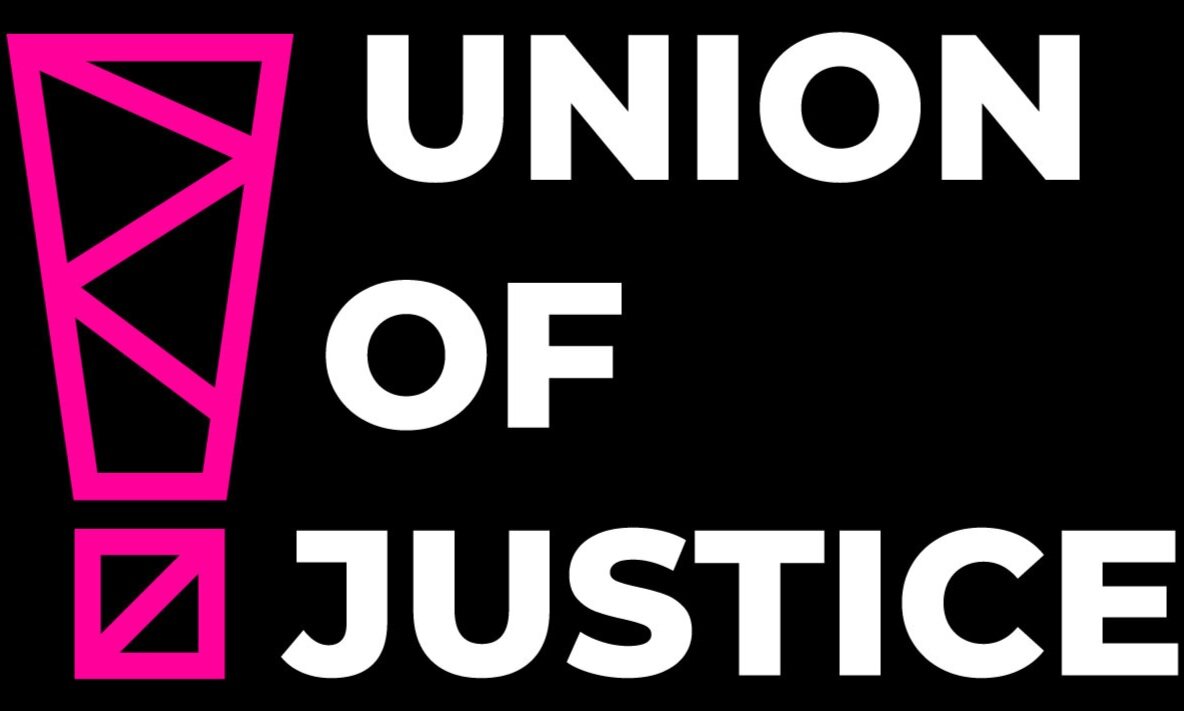COP28 - A historical dissapointment
The lead up to COP28, held this November/December in Dubai, was marked by bitterly low expectations by climate campaigners.
The gathering presided over by CEO of the host country’s oil company ADNOC, was compounded by the unprecedented access given to fossil fuel lobbyists, The UAE intended to use the gathering as a marketplace for striking ADNOC deals, and the country’s deployment of lobbyists to launder its reputation was somewhat successful based on the attendance of the conference.
But more fundamentally these low expectations indexed the rapidly diminishing faith of climate campaigners in such international forums to advance the struggle for climate justice - especially as the last few years have seen a marked trend of climate action being redirected towards corporate ends, industrial-scale greenwashing, and a noticeable retreat of major governments from their climate ambitions.
With the conference having concluded last week, the main developments emerging from COP28 were the agreement of a ‘loss and damage’ fund for poor and vulnerable states impacted by climate change at the first day of the conference, and the adoption of a document, known as the ‘UAE Consensus’, at its close. And yet the reaction to both these ‘historic’ developments has been decidedly muted by more critical sections of the climate justice community.
The initial funding pledges of $429 million accompanying the loss and damage fund pales in comparison to the estimated $400 billion required annually. And an assessment beyond the headlines of the UAE consensus - namely, its reference to ‘Transitioning away from fossil fuels in energy systems, in a just, orderly and equitable manner’ - indicates that the UAE Consensus largely delivers business as usual.
UAE Consensus locks in corporate commonsense
The fossil fuel pledge is, notably, one of only two references to the future of the energy source in the entire document, having been belatedly agreed upon by the COP parties after much wrangling, and with the operative term (‘transitioning away’) representing a soft touch, semi-committal approach. The wording of the agreement also underlined that ‘transitional fuels can play a role in facilitating the energy transition while ensuring energy security’, thereby providing a loophole for continued fossil fuels like gas to serve as transitional fuels - reflected in the embrace of the agreement by oil executives themselves.
Beyond those solitary references, the bulk of the document focuses on issues of adaptation and mitigation to climate change, and what can be understood as the new ‘green’ corporate consensus of our times: the triumvirate of ‘climate finance’, ‘green technology’ and ‘Net Zero’ greenhouse gas emissions. All three serve as means for corporations and market actors to discharge their responsibility for accelerating climate change through investment in technocratic mechanisms, such as unproven Carbon Capture and Storage (CCS) technology, carbon offset plans, and/or pledges to mobilise finance towards green ends.
The importance of maintaining and increasing international climate finance emphasised in the document, especially flows directed from the developed states to the developing states of the world, is belied by the fact that the much-delayed $100 billion finance a year jointly pledged by developed countries back in 2009 has, thus far, come overwhelmingly in the form of debt-laden loans for its recipients - thereby reinscribing the inequalities and inequities of international economic order into climate finance.
The Just Energy Transition Partnerships (JETPs) which were first unveiled at COP26, brokered between the G7 and a number of Global South states are a salient example of how this new era of climate finance bridges the broken model of international aid with ostensibly green objectives in order to stabilise the international economic status quo.
As our report into the Partnerships illustrated, despite the green veneer the JETPs ultimately serve to fragment the energy sectors of signatory countries, implement public-private partnerships to the benefit of private companies, and integrate them into the networks of international finance and secure supply chains for the benefit of western nations.
Accounting sleights of hand and corporate tricks cannot replace the dire and pressing need for the developed countries of the Global North to pay their due to the countries of the South facing historical and ongoing injustices exacerbated by climate crisis.
Popular movements must be the brake on business as usual
This is all to say that the UAE Consensus underscored the emerging ‘commonsense’ of climate action among world governments, and the business world, that the solution to climate change lies largely with the custodians of the economic system that has brought forth climate crisis. It was a far cry from the likes of the intervention at COP by Colombian Minister of Environment and Sustainable Development, Susana Muhamad, that climate transition need necessarily be an economic transition - away from the confines of capitalism.
The low expectations of COP28 appear vindicated, with its few breakthroughs remaining, at this point, largely rhetorical. The gathering’s continued commitment to keeping global temperature rises within the 1.5° threshold is welcome, but appears almost as a hangover from a period which is dangerously close to closing.
As before, them, popular and mass movements must be the guide and guarantor of firm, principled climate action, and we must refuse to accept the compromises and confidence tricks being delivered by our governments and business class to demobilise us at this most crucial juncture for the world.


